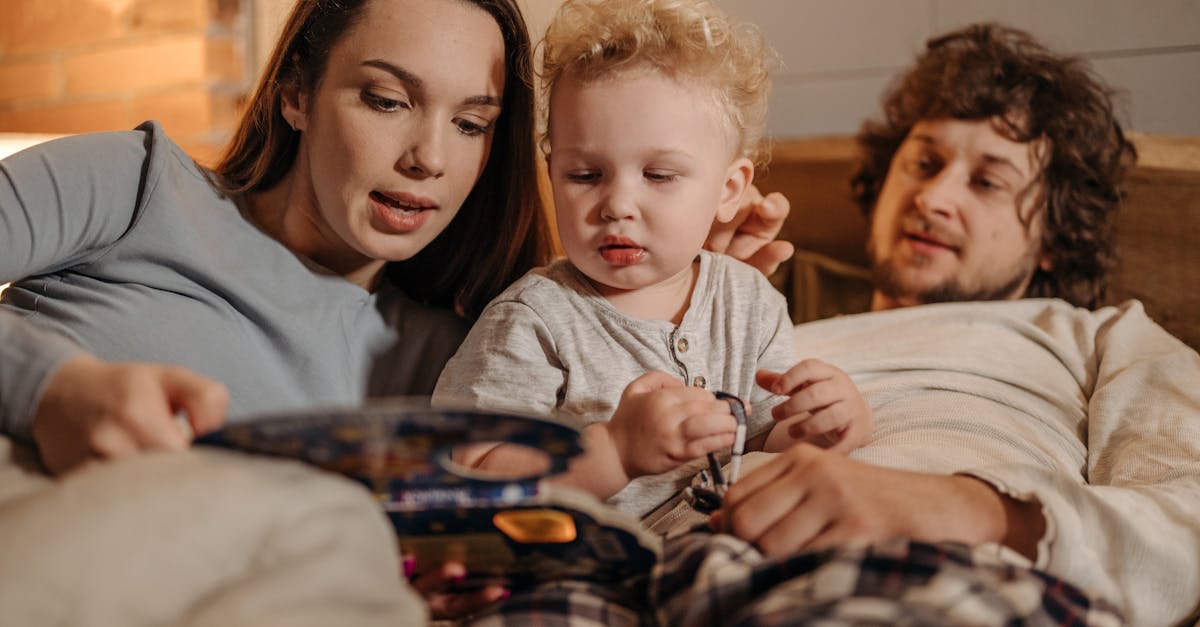1. Story Time Adventures
Story Time Adventures: Reading to your toddler isn’t just about the story; it’s an interactive experience. Choose vibrant books with engaging pictures. While reading, make silly voices for characters to make your child giggle. Ask them to point at objects, making the session interactive. Did you know that children who are read to regularly often develop larger vocabularies?

Reading to your child is a wonderful way to bond and stimulate their imagination. Make it a fun and memorable experience for both of you!
2. Sing-Along Sessions
Sing-Along Sessions: Songs provide a rhythmic learning experience for toddlers. Simple, repetitive songs stick in their minds. Classics like ‘Twinkle Twinkle’ or ‘Old MacDonald’ are great. My kid loves dancing while I sing ‘If You’re Happy and You Know It’. Incorporating actions keeps them engaged and enhances their understanding of words. Never underestimate the power of a good beat!

3. Picture Book Picnic
Picture Book Picnic: Organize a picnic with picture books as the main attraction. Lay out blankets and bring a selection of colorful books. Snacks and stories are a great combination. Let your toddler choose a book and explore the images. This activity strengthens emotional bonds and makes learning fun. Plus, it’s an easy way to turn reading into a delightful event!

Puppet Show Playtime
Puppets make stories come to life. Create simple puppets using socks or paper bags. Act out stories or make up your own. My little one loves it when our puppet dog, Mr. Woof, tells funny tales. Puppets help shy children express themselves and build confidence. It’s a playful way to enhance language skills and spark creativity.

5. Interactive Playdates
Interactive Playdates: Plan playdates with friends or family who have toddlers. Structured activities like building blocks or role-playing games encourage communication. My bestie’s son and my daughter love pretending to cook together. Kids learn from each other and pick up new words. Encouraging social interaction grows their communication abilities naturally.
6. Everyday Conversations
Everyday Conversations: Speak to your toddler often. Describe your actions, ask questions, and respond to their babbling. For example, while cooking, I talk about ingredients and tasks. This ongoing dialogue helps toddlers understand language context. It’s normal to feel silly at first, but soon you’ll notice how much they absorb and reciprocate!

